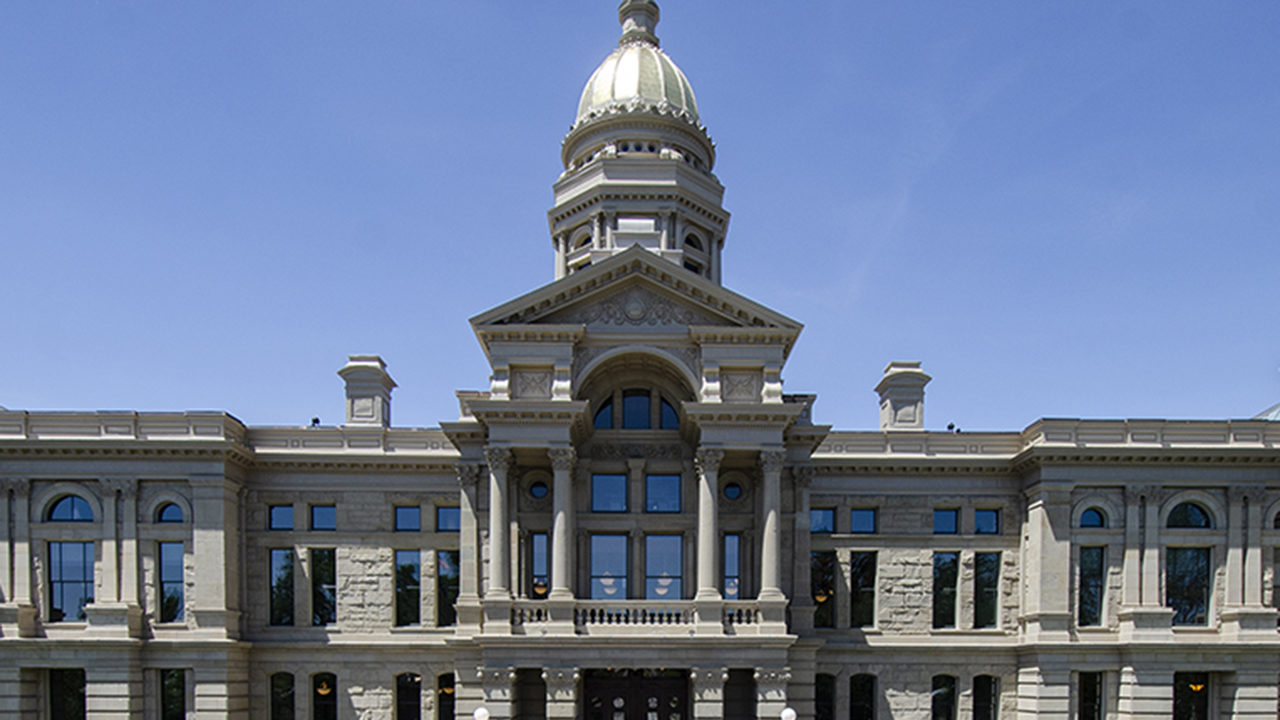Coronavirus-related aid tops Wyoming special-session agenda

CHEYENNE, Wyo. (AP) - A handful of legislators met in person at the Wyoming Capitol and the rest by computer video Friday for a special session to address the coronavirus pandemic and its growing economic toll.
Social distancing made for a session unlike any other in state history.
Video feeds from the Capitol showed a mostly empty building with none of the usual hustle and bustle of a typical session. Lawmakers limited discussion and all but eliminated their usual casual banter.
Their top priority: Making initial plans to disburse $1.25 billion in federal Coronavirus Aid Relief and Economic Security Act funding for Wyoming. Of that, lawmakers sought to allocate up to $275 million in interest-free loans and other aid for businesses.
Lawmakers in the House debated whether a requirement to report certain information back to the state would be too burdensome for small businesses getting aid.
The provision isn't burdensome so much as helpful for those businesses, said Rep. Albert Sommers, a Republican from Pinedale.
"It's gathering information so that when you give out money, you give it to people who absolutely need it," Sommers said.
Another $10 million would go to a new program that would help landlords cover the rent of tenants put out of work by public health orders involving the coronavirus. Representatives wondered if landlords would necessarily know how the coronavirus had affected tenants' employment.
Rep. Shelly Duncan, a Republican and landlord from Lingle, doubted that would be a problem.
"I personally had four or five tenants, when this all started, who immediately contacted me," Duncan said.
Other legislation would alter state funding calculations for school districts, authorize Gov. Mark Gordon to make certain emergency funding transfers between state agencies and give legal immunity to businesses whose customers contract the coronavirus.
By Friday night, the Legislature had given initial approval to all five bills drafted for the session. All but the legal indemnification bill were introduced simultaneously in both the House and Senate to save time.
Scheduled to adjourn no later than Saturday, lawmakers were already eyeing a second special session related to the coronavirus in the months ahead. Their last special session in 2004 involved an ultimately unsuccessful attempt to amend the state constitution to limit medical malpractice awards.




